On the uses and abuses of ‘academic freedom’
When we invoke academic freedom as a way of defending our own peccadillos, we render universities into petty fiefdoms and academic freedom into a bludgeon.

Academic freedom is essential for universities to fulfill their core scholarly mission. Moreover, it is a precious privilege reserved for the very few. Those of us who have it should defend it, nurture it, and use it with care and seriousness. Yet, academia abounds with accounts of members invoking the phrase “academic freedom” in ways that are selfish and frivolous.
Having heard the tales of professors who cite academic freedom as a reason not to teach in the morning or similar, I wondered what the full range of rhetorical abuses of academic freedom looks like. So, I asked professor friends on social media to share some anonymized examples with me. The response was swift and decisive.
Some of them shared historical examples: CIA campus moles using academic freedom as a cover for their operations, French philosopher Judith Miller issuing course credit to a stranger on a bus, the Ottawa physics prof who gave his whole class A+s.
In some ways, though, the more homely recurring themes that emerged in my friends’ responses are more disturbing and more suggestive than these extreme cases.
According to my respondents, some of their colleagues lean on academic freedom to justify the following:
- refusing to provide (or even permit) disability accommodations for students;
- refusing to use email;
- refusing to follow institutional regulations about such matters as course outlines, assessments, grading standards, or sexual harassment reporting;
- refusing to follow institutional standards when evaluating promotion and tenure packages;
- refusing to update decades-old lecture notes;
- refusing to coordinate with co-instructors on team-taught courses;
- engaging in sexual innuendo with students;
- refusing to attend department meetings or events.
Some of these examples are more serious than others, but they share the common theme of professors who invoke academic freedom in order to avoid doing their jobs, to the detriment of their students and colleagues.
Let’s take a moment to reflect on some of the ways that these sorts of refusals and bad practices actually make study and the workplace worse for other people.
By far, the commonest example I heard about in my informal survey was professors citing academic freedom to avoid providing or permitting various accommodations for disabled students. When professors do this, they make it harder for disabled students to participate and flourish in their courses, their programs and their institutions. Further, a refusal to support accommodations – especially when it is aggrandized as an exercise of academic freedom – sends a strong message to both disabled students and the broader community about who is welcome and who is unwelcome on campus. It also raises doubts about the legitimacy of the accommodations and thereby about the ability and accomplishments of students who access accommodations. What a crummy thing for a professor to do!
The tenure committee example shows that some academic staff are crummy not just to students, but also to their colleagues. Professors who use academic freedom as a justification for using their own personal standards when it comes to promotion and tenure decisions thereby render junior colleagues more vulnerable. Going up for tenure is a scary enough time for assistant professors and lecturers without the worry that senior folks will disregard the clear tenure standards that the candidate has been working towards the whole time. Just imagine: a junior colleague is told that x, y and z are the standards for tenure. Unbeknownst to them, a senior colleague on the committee ignores x and y and replaces them with q. Academia is tough enough on junior colleagues without these sorts of shenanigans.
In both of these examples, the situation is made even worse because of the power differential. In both cases, it is students or junior colleagues who are vulnerable. When professors invoke academic freedom in a way that harms people with less power than them, it is not merely a frivolous use of a precious and hard-earned protection. It is also harmful and cruel.
In my informal survey, I asked my respondents to zero in on abuses of “academic freedom” as they occur on campus. However, the kind of cruelty that I have just described is also ubiquitous on social media.
In my own discipline, for instance, it is becoming an all-too-predictable social media cycle that someone (very often a grad student or junior member of the profession) will critique a colleague for their harmful views about an underrepresented group, only to be quickly set upon by a congregation of senior professors raising the alarm about academic freedom.
Look, I’m fiercely passionate about the importance of academic freedom and the need to energetically defend it. Further, on my view, one of the best ways to defend academic freedom is to use it and to keep using it. But we have a duty to use it well. For, it is not merely in using it but in using it well that we keep academic freedom something worth defending.
Last year, in a number of Ontario universities, there were massive blow-ups over several professors’ use of the “n-word” in their teaching. Students shouted “equity!” and “anti-racism!” Professors and pundits shouted “academic freedom!” Some students rejoined that universities shouldn’t have academic freedom any more because it is too often used as a safe word for the powerful, at the expense of people with less power.
I disagree with the call to get rid of academic freedom, but I certainly understand the students’ perspective that academic freedom is too often a tool of the powerful that serves to reinforce that power while in various ways excluding less powerful folks from participating in higher education.
Let’s face it. Canadian universities are settler-colonial institutions that continue to be dominated by affluent cis white people. When BIPOC students tell us that we are running our institutions in ways that hurt them and we reply by invoking academic freedom, it can look like we are barring our gates against intruders.
While it is true that the most established people in higher education are the ones with the strongest academic freedom protections, the purpose of those protections is not to reinforce power and privilege. The purpose is to permit universities via their members to vigorously and confidently pursue the scholarly mission of seeking truth and advancing understanding. Universities perform that mission as their main service to society.
When we invoke academic freedom as a way of defending our own peccadillos, and in particular when we do so in ways that make it harder for students, junior colleagues, and disabled or minoritized folks to flourish within universities – and indeed within society – we render universities petty fiefdoms and academic freedom a bludgeon. Why should society defend institutions like that? Why should it permit protections like that?
I don’t want to be unfair. So, I end with the following two caveats:
First, as you have no doubt been thinking throughout this column, most professors don’t abuse their academic freedom in the way I have here described. Most professors employ their academic freedom in responsible ways and strive to make their disciplines and their institutions equitable and just. This column isn’t about them.
Second, I have here offered a number of broad characterizations of situations that are often much more nuanced and complex. Some professors have careful, empirically well-supported reasons for some of the refusals and behaviours I list above. In particular, it is worth noting that some professorial resistance to regulations around grading standards, course outlines, etc. is motivated by a well-considered desire to resist what some regard as harmful trends in pedagogy. Principled resistance of this kind helps to keep universities honest and it ought to be protected by academic freedom.
I propose not to silence colleagues nor censure them for their misuses of academic freedom. Rather, I wish to remind readers of the large power differentials within academia and the preciousness of academic freedom. It is both morally and pragmatically important that those few of us who possess academic freedom keep both of those things in mind if we are to use it carefully, wisely, and well.
Featured Jobs
- Canada Impact+ Research ChairInstitut national de la recherche scientifique (INRS)
- Soil Physics - Assistant ProfessorUniversity of Saskatchewan
- Director of the McGill University Division of Orthopedic Surgery and Director of the Division of Orthopedic Surgery, McGill University Health Centre (MUHC) McGill University
- Engineering - Assistant Professor, Teaching-Focused (Surface and Underground Mining)Queen's University
- Anthropology of Infrastructures - Faculty PositionUniversité Laval






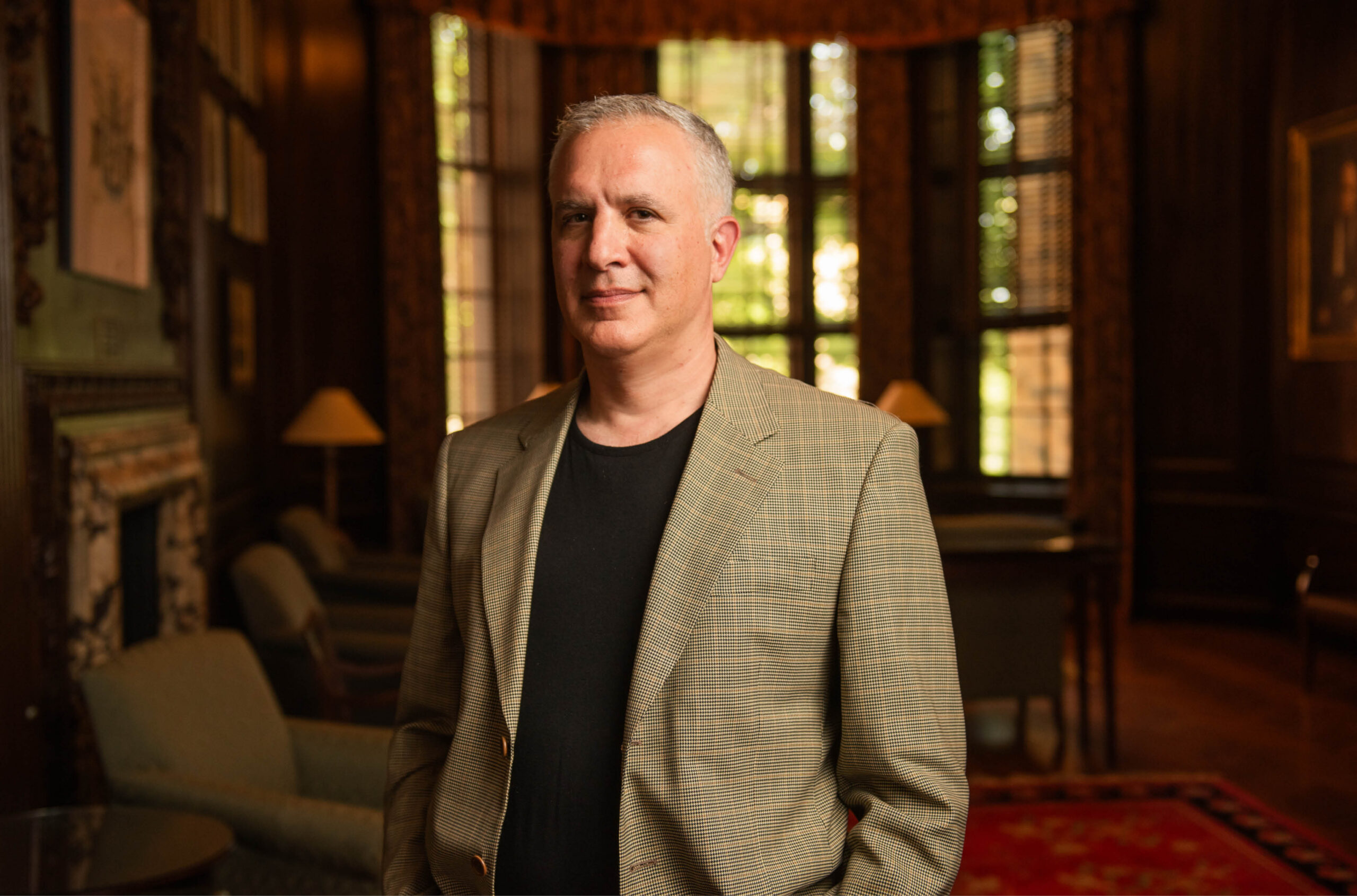
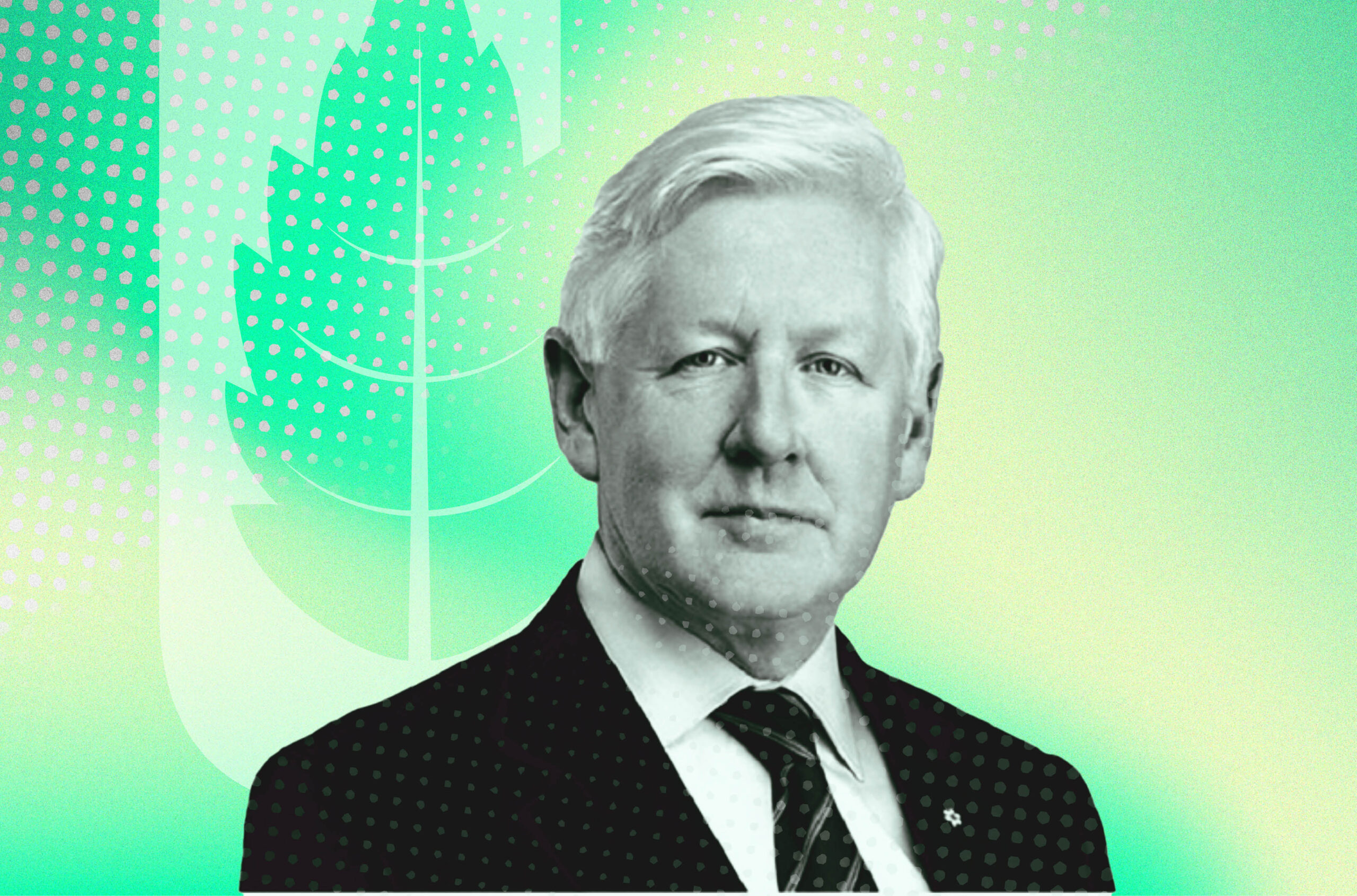
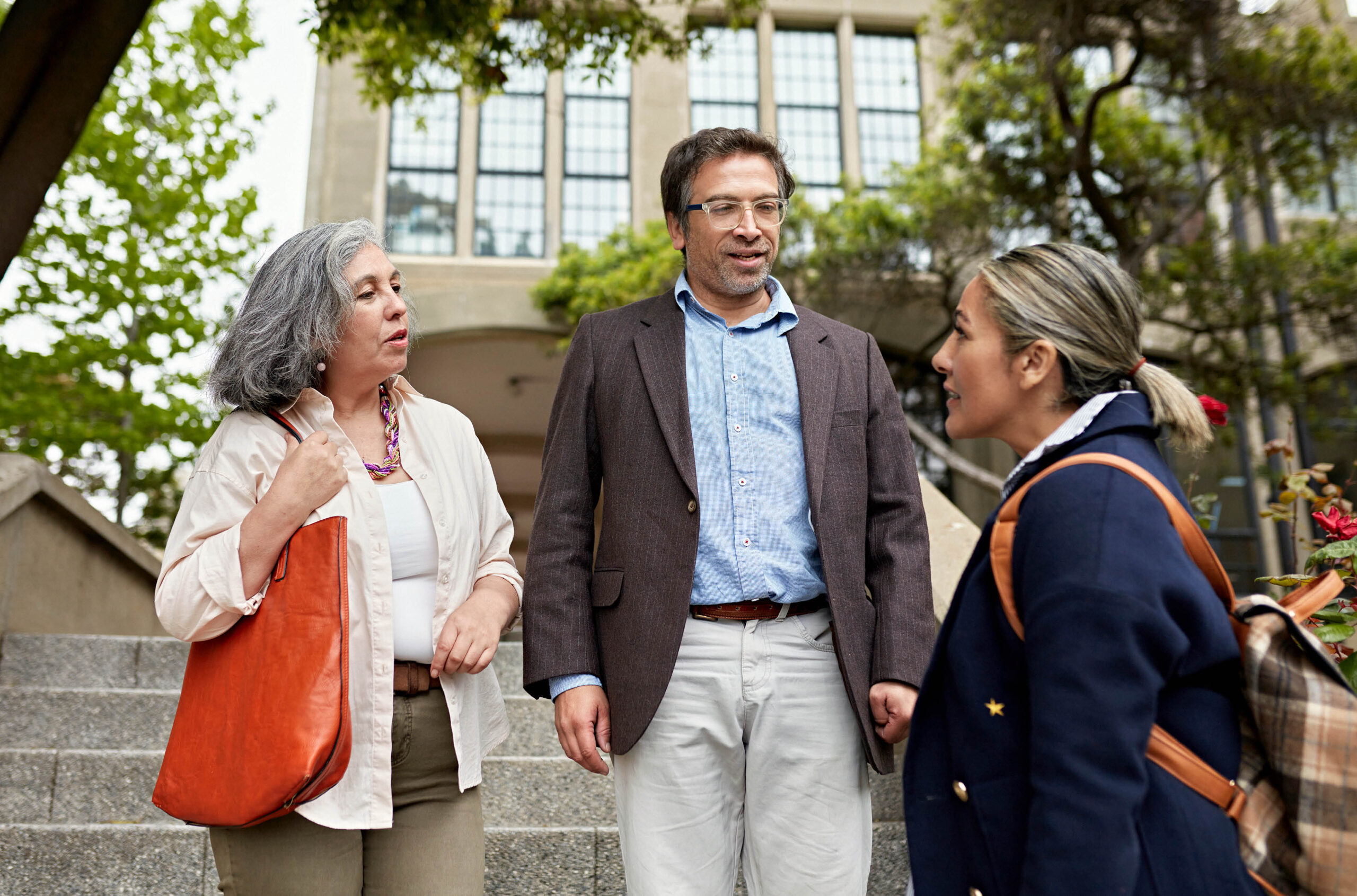
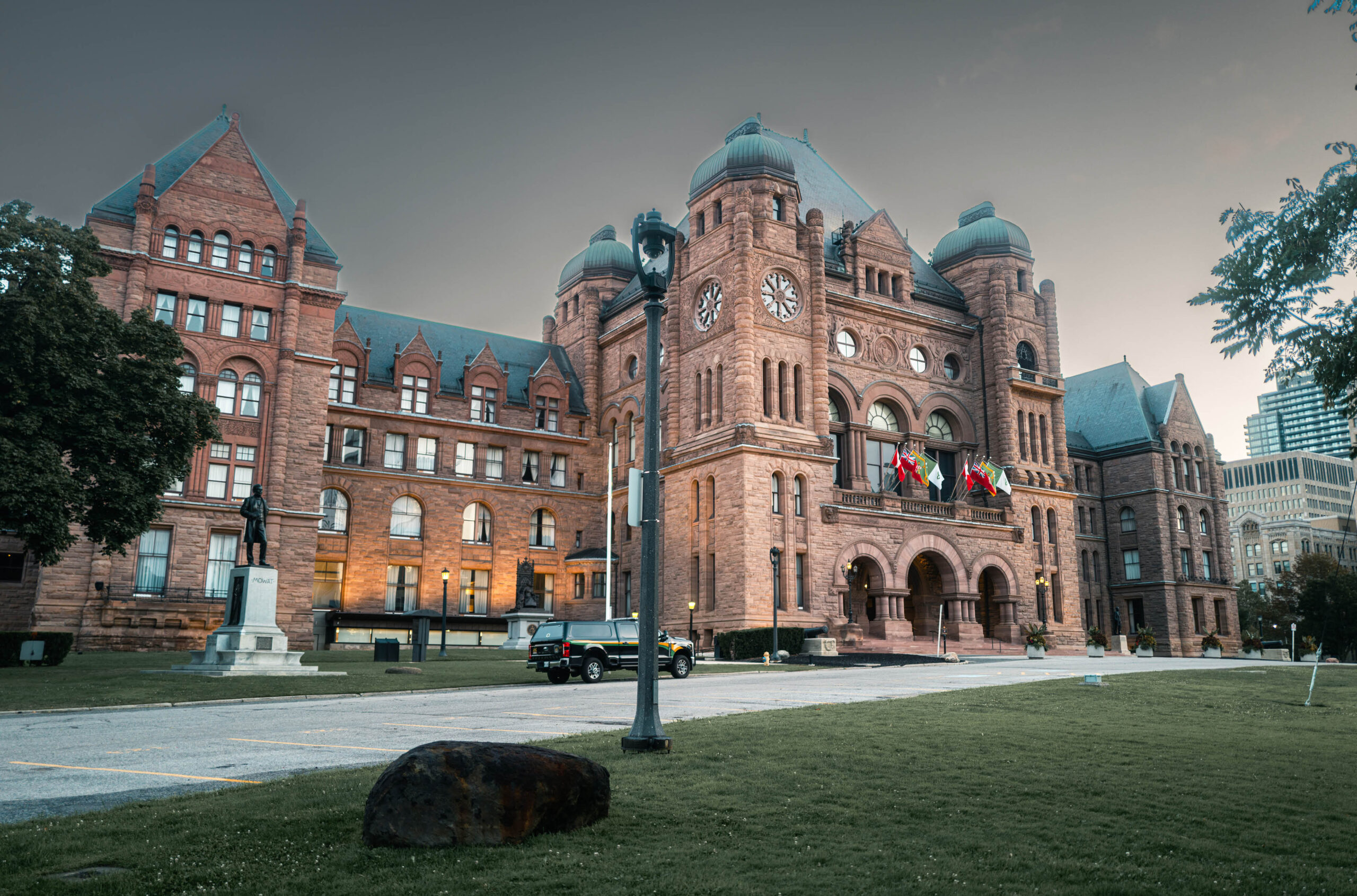

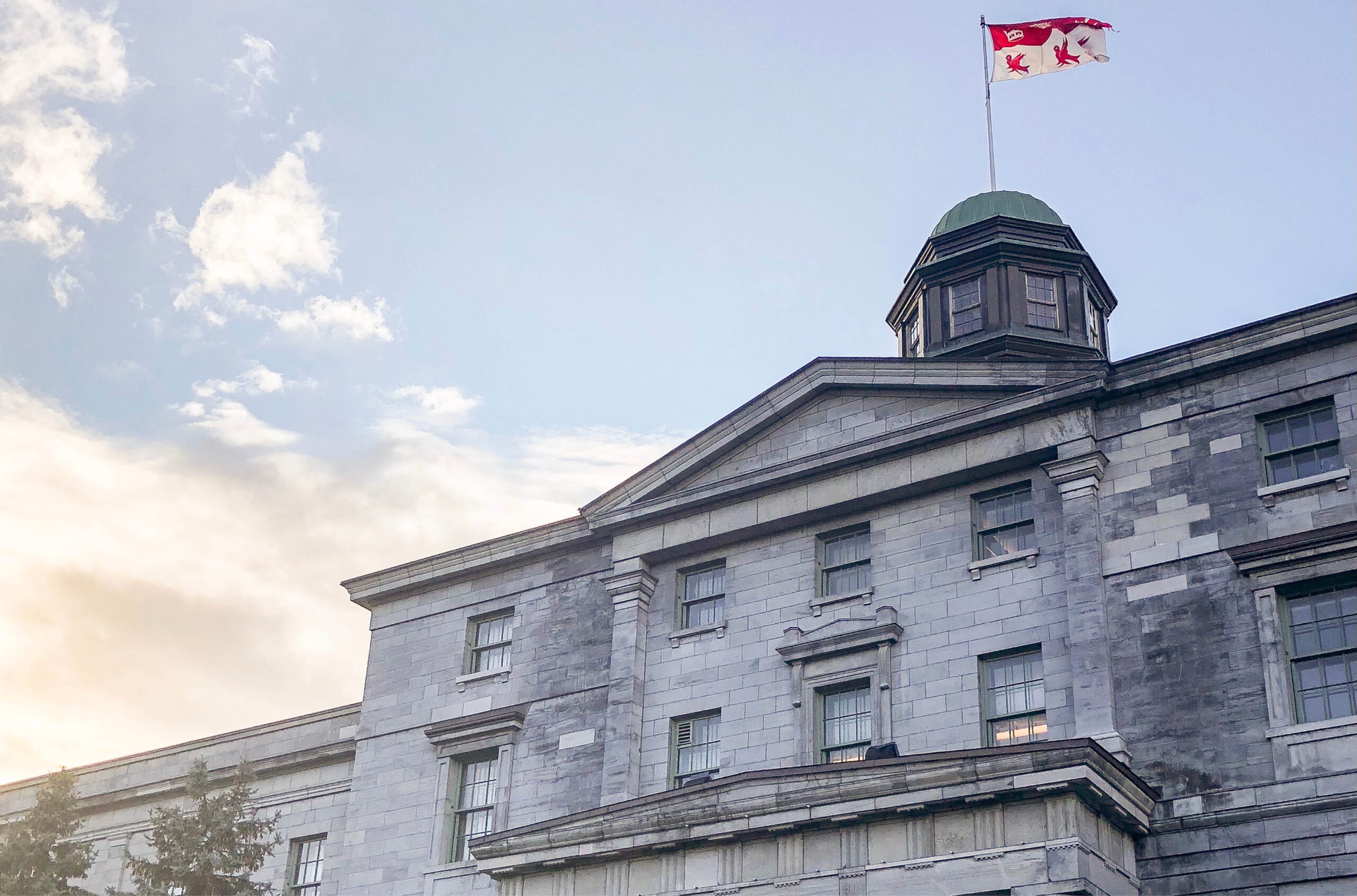
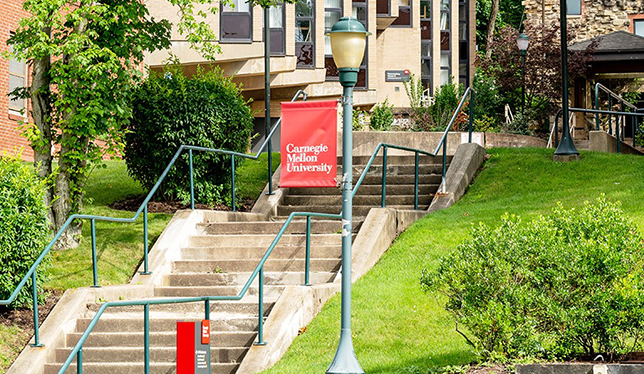


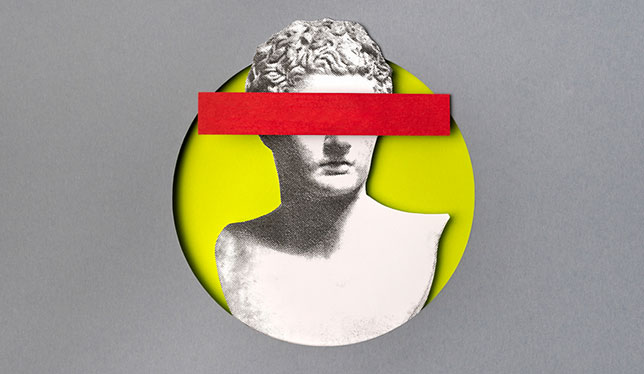
Post a comment
University Affairs moderates all comments according to the following guidelines. If approved, comments generally appear within one business day. We may republish particularly insightful remarks in our print edition or elsewhere.
9 Comments
I’m afraid I’m rather sceptical concerning informal opinion polls. For example, in my many years on promotion committees I never encountered the following scenario:
“Just imagine: a junior colleague is told that x, y and z are the standards for tenure. Unbeknownst to them, a senior colleague on the committee ignores x and y and replaces them with q.“
If it happened, it would never get past a union grievance.
There is also the problem that this informal poll was conducted by a woman. So, it’s going to get ignored and disputed by men. (Why, yes, that elephant IS in the room.) Academic freedom has been abused in order to shield people from the consequences of their actions.
The reality is people will dispute this as “anecdotal,” not because it’s limited, but because they don’t like challenges to their limited world view. It tarnishes their Ivory Tower, what many would consider a white-washed tomb.
Were this formalized in a peer-reviewed study, it would then be challenged by the same academic demagogues as junk science with the litany of slurs slung to malign results that don’t line up with their rose-colored ideology. Very few people in academia want their worldview challenged in any way. Such challenges are taken as attacks upon their position. That’s why science and education advances one death at a time.
Ironically, there are topics that are considered career killers. Ideally, (said in a booming ominous voice) “Academic Freedom” would protect such people. It does not. Colleagues, who champion academic freedom will shun such individuals, ignore their work, universities will not give them grants, or cut their other grants. This will all be for “reasons” that have nothing to do with academic freedom. They might not be censored for broaching a verboten topic, but the signals would be clear, “Stay away from that, or we will destroy your career.”
The funny thing about being in academia, it doesn’t stop people from acting like self-interested human being. Academic freedom is a high ideal wielded for abuse, that’s why it’s a hollow ideology.
Nice descent into identity politics, all the more so because the commentator is a male. Wake up, dude.. Look was done by students to tenured Professor Rima Azar with the collusion of faculty
https://www.cbc.ca/news/canada/new-brunswick/mount-allison-suspension-professor-1.6016047
https://medium.com/beingwell/academic-freedom-died-at-a-canadian-university-when-bambi-met-godzilla-d6506d9d693e
I hear the sounds of jackboots crunching broken glass on sidewalks..
As the former President of UNBC’s Faculty Association, I appreciate the perspective this article brings to the misuses of academic freedom, but also caution that many of the purported abuses described here are better understood as failures of management. Administrators at all universities have powerful tools to manage their faculty employees, so any time a professor fails to create a course outline, fails to accommodate students with disabilities, or in any other way violates their terms of employment, it is not because academic freedom gives them unwarranted powers (regardless of what they claim), it is because their Chair or Dean or Provost is not doing their job in disciplining the faculty member.
There is an irony in the fact that academic freedom was originally conceived, and subsequently codified in more legal frameworks, as a way to protect the weak against the powerful. Clair Patterson, for example, the CalTech professor who discovered the widespread lead contamination due to leaded gasoline in cars, was the object of vigorous campaigns by the lead and fuel industries to have him fired. It was only thanks to the protection provided by academic freedom that he was able to retain his position. It is therefore sad that this essential tool for protecting research in the public interest is allowed to be abused to entrench the power of some faculty members.
So while there will probably always be faculty who shout “academic freedom” to protect themselves from sometimes justified investigations of their conduct, administrators must also take responsibility for allowing frivolous claims of academic freedom to be perpetuated.
Stephen Rader
Department of Chemistry
UNBC
It is indeed disturbing to hear that professors cite academic freedom “to avoid providing or permitting various accommodations” students with disabilities. In fact, it is a violation of the various provincial and federal human rights codes. The jurisprudence on this is clear; no right (such as the right to freedom of expression) automatically outweighs another (the right to be free from discrimination based on a disability). A university administrator would have every right — and obligation — to override the professor’s decision to deny accommodation (though not to dictate exactly what kind of accommodation should be offered to such a student). The right to academic freedom has to be weighed against other rights, in this case, the right to reasonable accommodation. Finally, citing academic freedom to avoid accommodating a student with a disability exposes the professor not only as a poor teacher, but as a terrible human being.
I am concerned about these anecdotal reports of misuse of academic freedom. Academic freedom is in place to protect views and opinions not working conditions. You need a union for that. And, there are human rights codes to ensure accommodations for those who need them. Academic freedom is there specifically to protect unpopular or power-threatening speech. This is in recognition that views unpopular or “unacceptable” today may very well become proven correct, popular or accepted.
Censoring these views by anyone, whether they be the powerful or the not so powerful, is of no benefit to minority groups, however much they may disagree with the views expressed. In fact, minority groups have historically been (and still are) among the principal victims of censorship. Many not-so-brave academics have been able to speak out on behalf of minority rights because of academic freedom. Those who believe that censorship in any form is helpful to minorities do not understand this history. Without the protection of free expression in law and in academic freedom there would be NO minority rights. That is why freedom of expression is clearly stated in every human rights code ever conceived. It is the basic human right. Minority rights specifically and all other rights depend on it.
Today, there are all too many secular Legion of Mary types, gleefully censoring the views of those that they don’t agree with. They may use Orwellian language like “de-platforming”, or “cancelling”, but the censorship is real. They troll publications, social networks and the archives of “enemies” searching for sins, to destroy lives with. They become offended by proxy on behalf of chosen groups. They stereotype minorities assuming they all share the same opinion – the opinion of the troll –, defending the views of one minority person’s opinion, while discounting all the others. They censor minority members who do not agree with the received wisdom — if you disagree, you are not black or trans, or gay. Like all human groups, minorities are disparate, some agree with the views on de-colonisation and stereotyping of white people, some others don’t. Academic freedom is there to protect both groups.
Thank you for your thoughtful and insightful post. In my work as a scholar of ethics and integrity in higher education, I concur with all of your points. I would add that I have heard of additional abuses where professors claim they have the right to circumvent or ignore institutional policies relating to academic misconduct because of academic freedom. (This is simply not true, by the way.) I have heard of cases in which a professor will apply their own idiosyncratic sanctions in cases of academic misconduct of particular students (often racialized minorities or students with specific learning needs) while forgiving others without ever reporting them (e.g., white students who are native speakers of English). I agree entirely that academic freedom does not absolve any of us from the responsibility of acting ethically.
I think it is important to consider this issue as it relates to Eric Kaufman’s report, Academic Freedom in Crisis: Punishment, Political Discrimination, and Self-Censorship (https://cspicenter.org/reports/academicfreedom/)
University faculties like to proclaim academia is a bastion of inclusion, tolerance and ideas, yet this report would suggest otherwise.
If the author does not know that lecturers in US academia are not tenure track faculty the question is….how reliable is what is described in this….rant or possible sour grapes?!
In 30 years in academia I never heard such stories. While it might be that some have slight misunderstanding of academic freedom a simple reading of the AAUP principles and amendments would correct the view pretty quick. Disparaging academia as an institution of education and knowledge creation (even if infinitesimally incremental) is detrimental to society and progress.